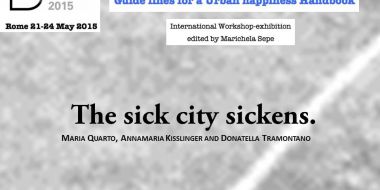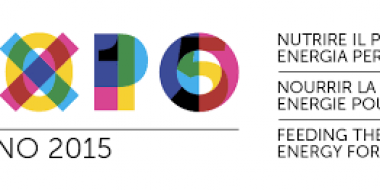Social Isolation is a predictor of mortality and a risk factor comparable to smoking and hypertension. Engagement into social and cultural activities, positively affecting health, is a strategic tool to fight social isolation. Cities , where people interact, meet, and exchange knowledge, are growing poorly under the pressure of the new urbanization wave and of the aging of the population, thus the urban form may profoundly impact on social isolation and in turn on health outcomes.
We have developed ad hoc questionnaire to score: Subjective well-being how people evaluate their own lives in terms of environment and emotions. Resilience the ability of people to successfully adapt to changes and to positively face chronic stress and adversity. and their relation with social isolation, engagement into cultural and social activities and perceived health.
1255 questionnaires have been collected thanks toArci Movie Movie Club, MetroArtTour participants, beach resort, Outpatients of Cardiology Clinics, Gastroenterology and Geriatric Clinics, Federico II University of Naples Medical School, Thai Chi center, Arenella Parish, San Francesco Parish, Rosa Anna Pironti Editore, Alla Corte di Federico, Morrica Pharmacy, Family Doctors... covering the entire city of Naples metropolitan area.
Our results indicate that the 16% of the studied sample population does not participate (NP) to cultural and social activities this value is three times higher than those reported by other studies conducted in Italy. NP display a perceived well-being very low. In particular, NP women well-being is lower than that of men according to all demographic, education and occupation indicators. In addition, housewife that represent 45% of the female NP population present a perceived well-being score lower than any other category.
Interestingly, when asked: why do you not participate? Health problems and lack of cultural facilities or difficulties in reaching them equally contributed.
In addition, the NP population has a very small social network (less than 5 people) made only of family members.
Our results indicate that choices that fight social isolation promoting participation in social and cultural activities must be considered strategic both in urban planning and in the development of health preventive measures.
The results of our study are described in the attached pdf file




